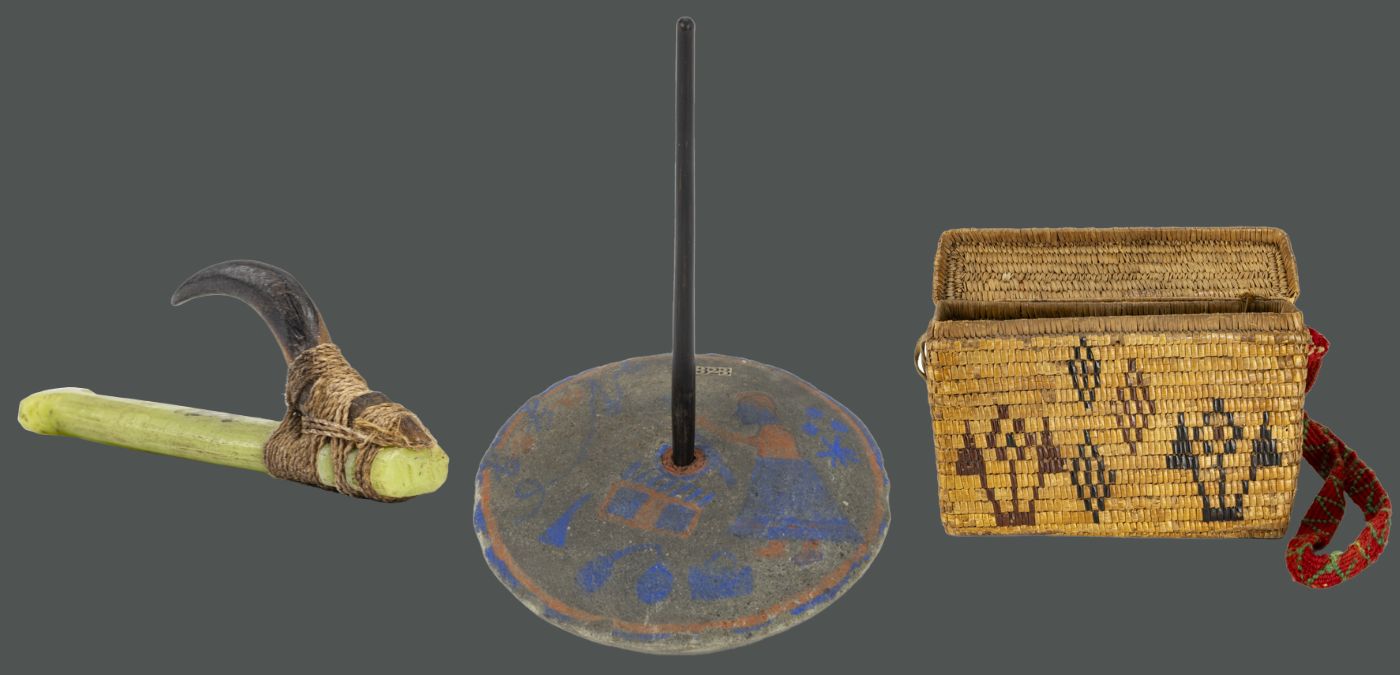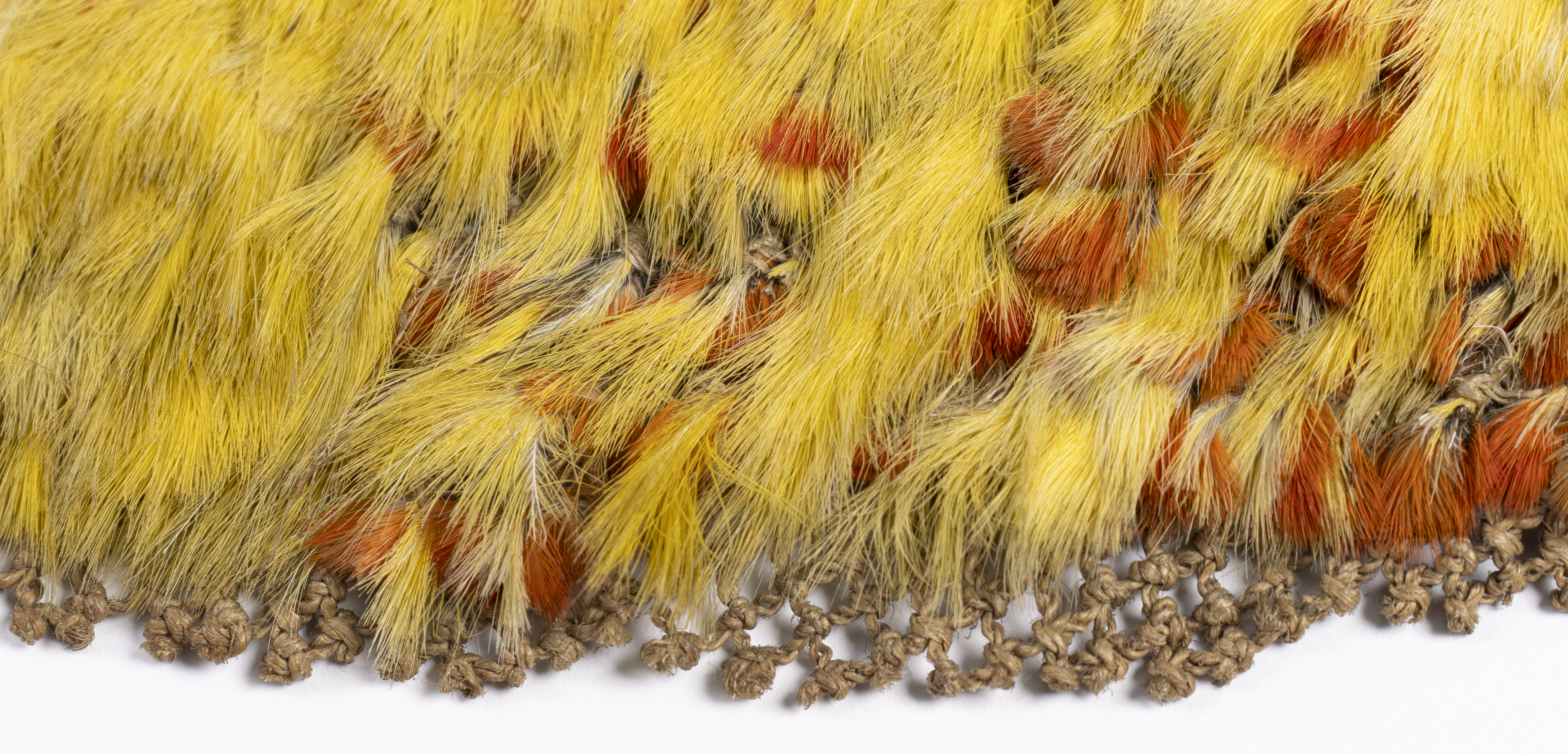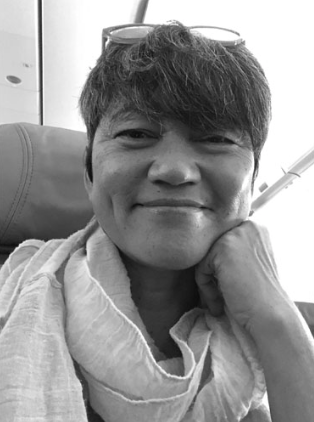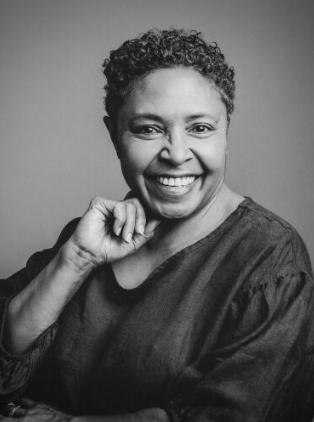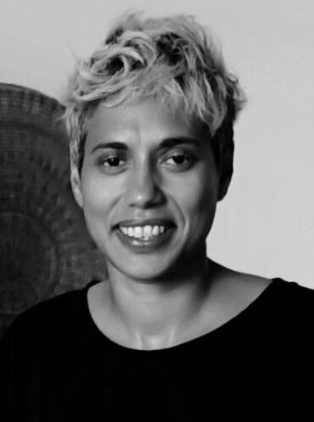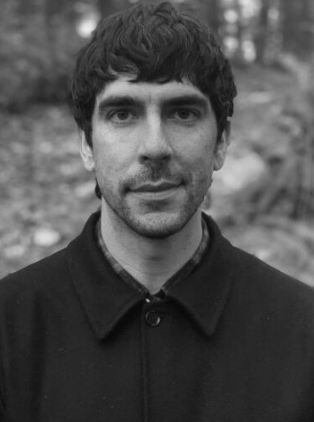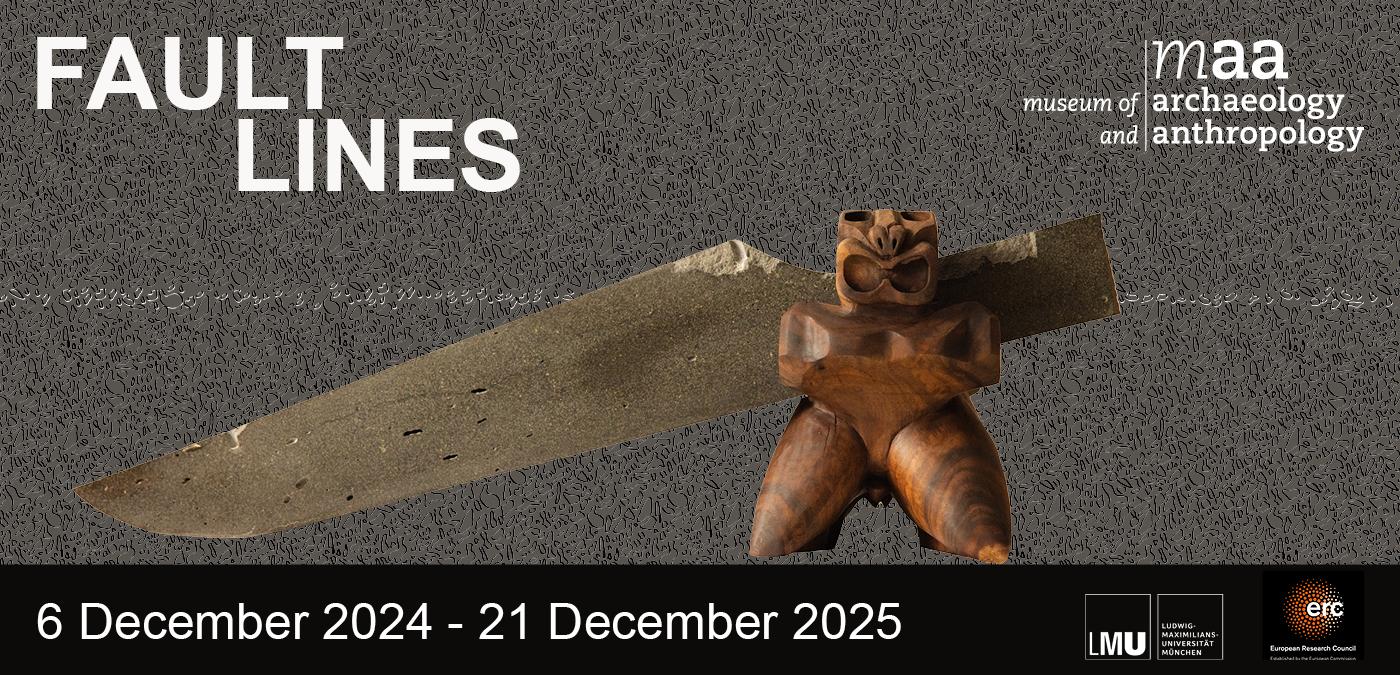
EXHIBITION
6 December 2024 - 21 December 2025
Li Ka Shing Gallery, Museum of Archaeology and Anthropology
Free entry
About the exhibition
Fault Lines: Imagining Indigenous futures for colonial collections presents a series of curatorial responses to current debates regarding colonialism, collections, and custodianship. By bringing together Indigenous curators and contemporary artists, this exciting new exhibition reflects on museums as sites of both historic fracture and future possibility. Through interventions with historic objects, artistic responses, and new research, Fault Lines asks how we might cultivate relationships between Indigenous communities and museums around the care of colonial-era collections.
Fishhook, Bougainville Island, Papua New Guinea. Collector: Rev. Henry Voyce. MAA 1954.319 B.
Spinning top, Mer, Torres Strait. Collector: Dr Alfred Haddon. MAA Z 9625.
Coast Salish basket, Washington, North America. Source: Farida Davidson. MAA 1993.70.
Fault Lines features a creative collective who are linked geologically, with each curator belonging to lands and waters that emerge out of a connected tectonic ring. The exhibition embraces the power of seismic movement across the Pacific region, both its destructive and generative forces, activating historic links between the United Kingdom, Bougainville, Hawai’i, the Torres Strait, and the Salish Sea.
Historically, colonialism has left devastating fractures that are particularly evident in the space of the museum; such faults must be acknowledged if they are to be repaired. The curators of this important exhibition look towards the past in order to imagine a future in which Indigenous knowledges are placed at the centre of museum practice, inviting visitors to reflect on their relationships to collected ancestors and ‘artefacts’, and to consider the future of the museum itself.
'Ahu'ula, Hawaii. Collector: Rev. Gerard M. Mason. MAA 1947.403.
Meet the Curators
|
Noelle M.K.Y. Kahanu (Kanaka ʻOiwi/Native Hawaiian) is a fifteen-year veteran of the Bishop Museum in Honolulu, where she worked on scores of exhibitions and programs, including the renovations of Hawaiian Hall (2009) and Pacific Hall (2013). She has a law degree from the University of Hawaiʻi at Mānoa (UHM), has been active in international repatriations, and is a curator for the Hawai’i Triennial 2025. She currently works at UHM as an associate specialist in Public Humanities and Native Hawaiian Programs within the American Studies Department and is the acting director of the Museum Studies Graduate Certificate Program. Her current research and practice explores the liberating and generative opportunities when museums “seed” authority. Image credit: Noelle M.K.Y. Kahanu. |
|
|
Leah Lui-Chivizhe is a Torres Strait Islander with enduring connections to the eastern and western Torres Strait. Her research as an historian focuses on how nineteenth century collections from the region can revitalise and reconnect Islanders with their pre-colonial histories of human and more-than-human relations and contribute to decolonial praxis of collector institutions. Her book, Masked Histories: Turtle shell masks and Torres Strait Islander people (MUP 2022), was highly commended for Australian History in the 2023 NSW Premier’s History Awards. She was postdoctoral fellow at the University of Sydney and senior lecturer at the University of Technology Sydney. Leah is now Scientia Senior Lecturer in the School of Humanities & Languages, University of New South Wales in Sydney. Image credit: Leah Lui-Chivizhe. |
|
|
Taloi Havini (Nakas Tribe, Hakö, born Arawa, Autonomous Region of Bougainville; based Australia) employs a research practice informed by her matrilineal ties to land and communities in Bougainville. She delves into the legacy of resource extraction and the broader political issues of nation building in the Pacific region through immersive media and sculpture. She is also actively involved in community projects such as Women’s Wealth, 9th Asia Pacific Triennial of Contemporary Art. Her artwork is held in public and private collections including the Sharjah Art Foundation, Art Gallery of New South Wales, QAGOMA, National Gallery of Victoria, KADIST, TBA21–Academy. Image credit: Taloi Havini. |
|
|
Jordan Wilson is an emerging curator and writer, and is currently a PhD student in Anthropology at New York University. He is a member of the Musqueam First Nation. He holds an MA in Anthropology and a BA in First Nations Studies, both obtained at the University of British Columbia. Wilson was a co-curator of the exhibits c̓əsnaʔəm, the city before the city (2015) and In a Different Light: Reflecting on Northwest Coast Art (2017) at the Museum of Anthropology (MOA) at UBC. Along with Karen Duffek and Bill McLennan, Jordan co-edited the book Where the Power Is: Indigenous Perspectives on Northwest Coast Art (Figure 1 Publishing, 2021). He was the inaugural Indigenous Curatorial Research Fellow at Independent Curators International (ICI). Image credit: Jason Wilson. |
Acknowledgements
This exhibition benefited from funding through the European Research Council Grant no. 803302 ‘Indigeneities in the 21st Century’ and is part of the associated research group.


